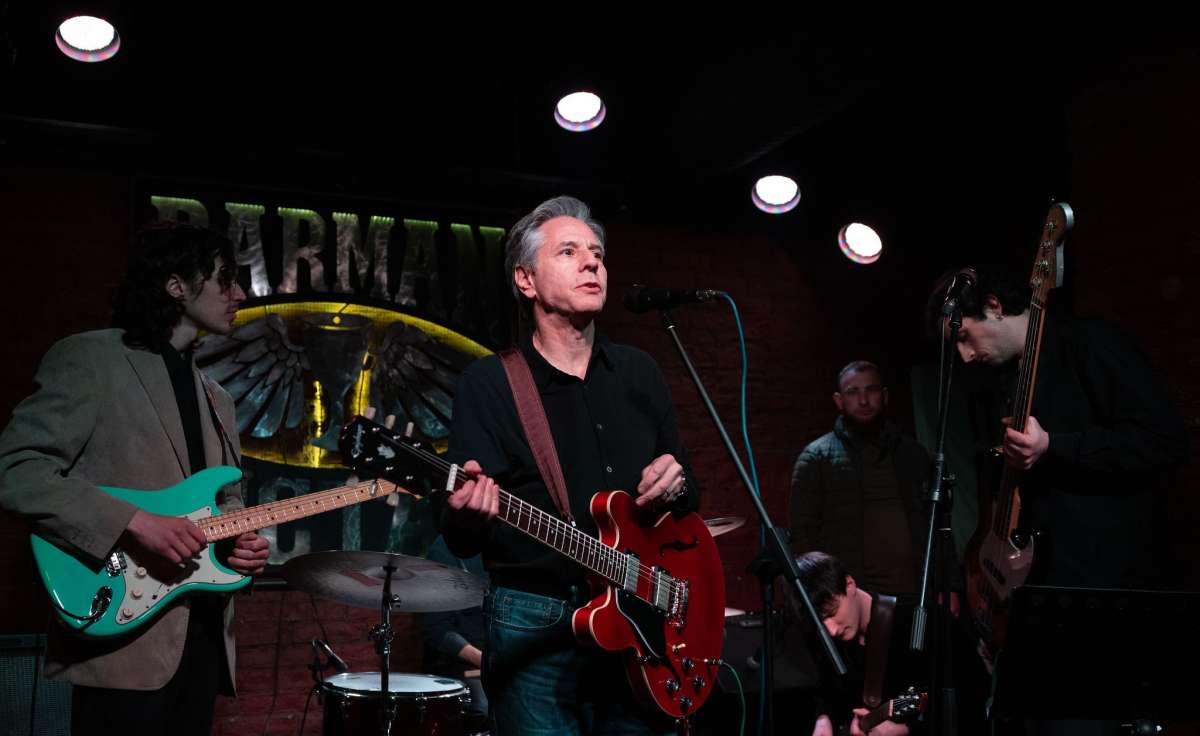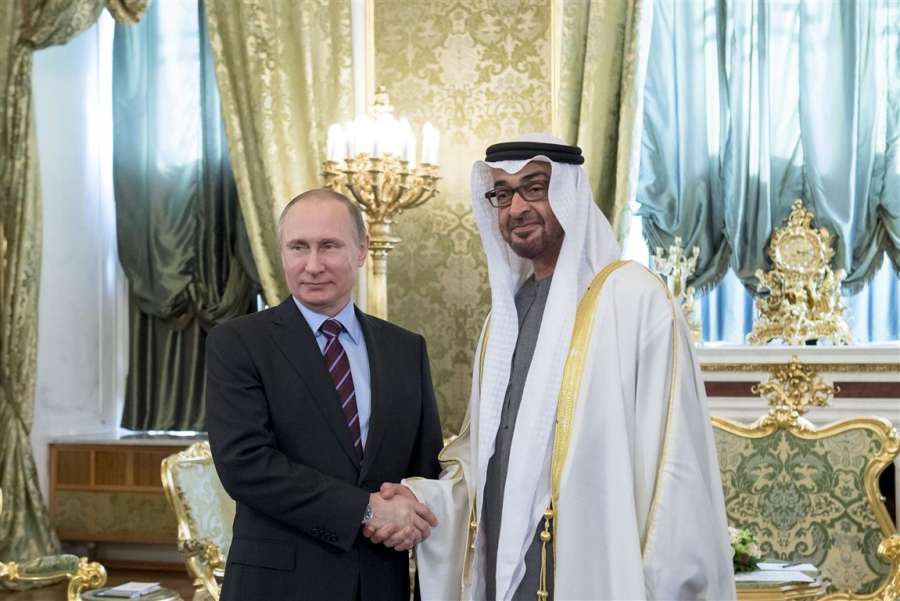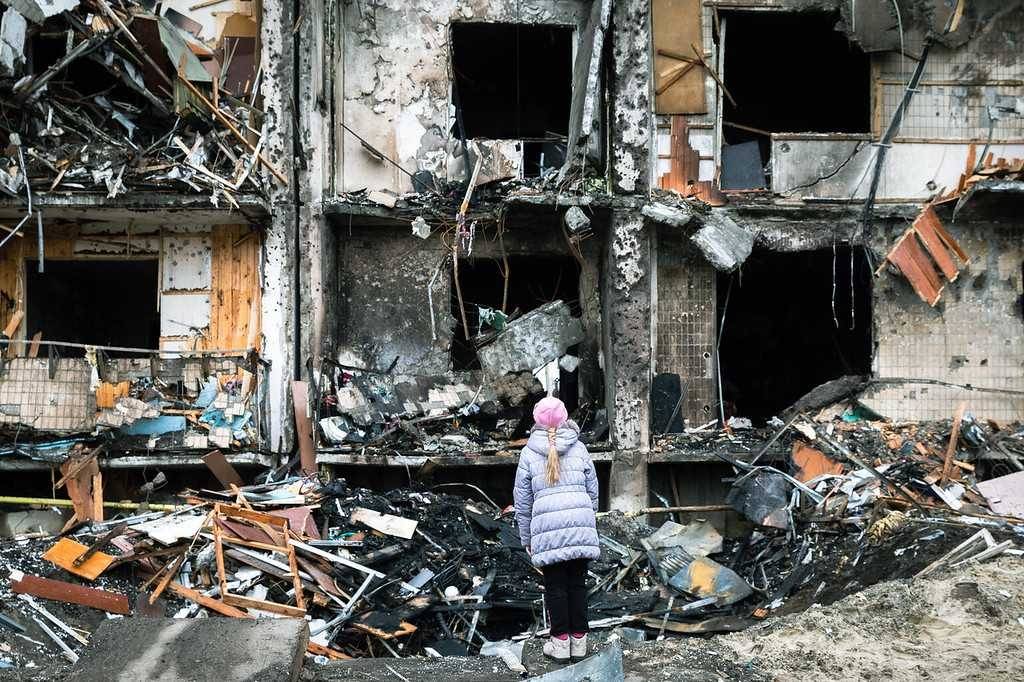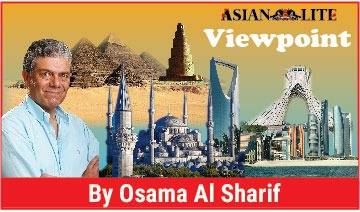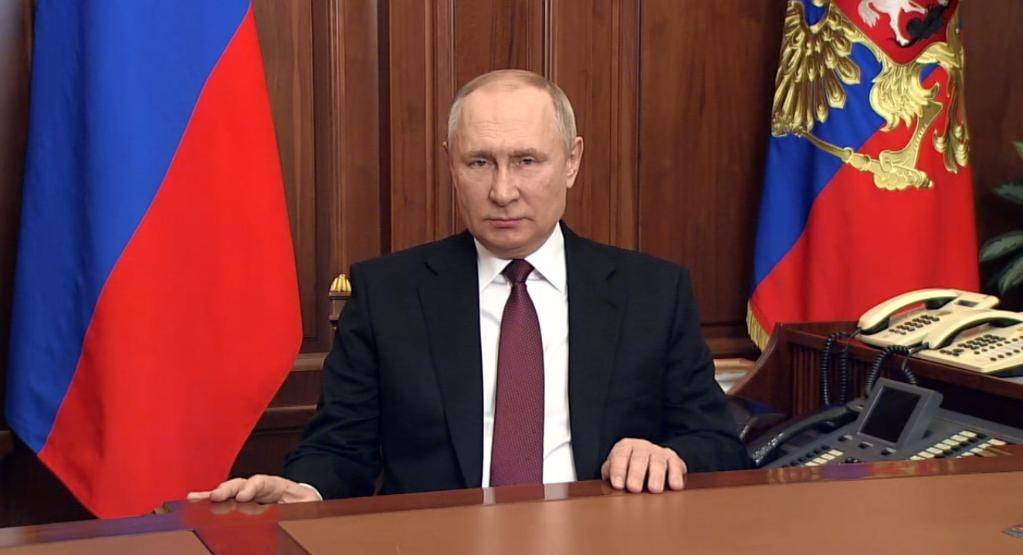The aid, in the form of new weapons systems and support for Ukraine’s defense industry, comes partially from a $61 billion package that the US Congress approved last month…reports Asian Lite News
The Biden administration will send further military aid worth $2 billion to Ukraine amid its ongoing conflict with Russia, US Secretary of State Antony Blinken said on Wednesday (local time) as he concluded his two-day visit to Kyiv intended to underline Washington’s support, the Washington Post reported.
Blinken said the USD 2 billion for Ukraine would come in the form of a “first-of-its-kind defense enterprise fund” that would channel assistance to the country in the coming months.
The aid, in the form of new weapons systems and support for Ukraine’s defense industry, comes partially from a $61 billion package that the US Congress approved last month, while $400 million comes from a separate pool of money earmarked for general foreign defence aid, which is now being directed to Ukraine.
However, Blinken also stressed that the Biden administration remains opposed to Ukraine striking targets inside Russian territory with US weaponry — something Ukrainian policymakers have been pushing for with increasing urgency.
The visit coincided with Russian military advances that highlighted Ukraine’s defenses in an “extremely vulnerable” light.
Russia in recent days has mounted an assault on towns near Kharkiv — Ukraine’s second-largest city.
Ukrainian President Volodymyr Zelenskyy on Wednesday cancelled a planned trip to Spain as concern mounted about the latest Russian assaults.
“We have not encouraged or enabled strikes outside of Ukraine,” Blinken told reporters Wednesday at the end of his first visit to Ukraine since September.
“But ultimately, Ukraine has to make decisions for itself about how it’s going to conduct this war, a war it is conducting in defense of its freedom, of its sovereignty, of its territorial integrity,” Blinken said. “And we will continue to back Ukraine with the equipment it needs to succeed.”
Notably, Ukraine is able to use weaponry supplied by other countries, including the United Kingdom, to hit targets on Russian soil, the White House has forbidden American equipment from being used to hit Russian territory for fear of inciting a direct military conflict with Russia, the Washington Post reported.
This has proved ‘frustrating’ for Ukraine, especially in recent weeks, as it witnessed a military build-up on Russian territory close to Kharkiv but found its ability to strike it very limited, the report added.
Ukrainian Foreign Minister, Dmytro Kuleba, appreciated the US help, but also acknowledged the “difficulties” faced by Kyiv due to more than six months of ‘congressional inaction’ that preceded April’s approval of the aid.
“Every delay of supply results in setbacks on the front line. This is the general rule,” Kuleba said. “When a Ukrainian infantryman or artilleryman has everything that he or she needs, we are winning. Every time there are delays in supplies and insufficient supplies, we are not winning. The law of war is cruel but very clear.”
The report cited analysts and US officials in stating that Russian forces do not appear poised to capture Kharkiv city, but that they are probably trying to cause enough of a challenge there to draw Ukrainian military assets away from other front-line positions farther south.
The Institute for the Study of War, a Washington-based independent research group, said Russia’s attack on the northeast Kharkiv region appeared to have slowed, indicating that it was probably an effort to create a buffer zone on the border, not an effort to capture the city. It added that Russia continued to make small but steady gains farther south, Washington Post reported.

Russia intensifies attack
Meanwhile, Russia has escalated its campaign in Ukraine, employing psychological, tactical, and economic tactics to complicate Kyiv’s defence. The recent developments have prompted US Secretary of State Antony Blinken to acknowledge the challenges at hand, remarking on the “challenging moment” unfolding, Al Jazeera reported.
Belarusian President Alexander Lukashenko highlighted the intensification, revealing Russian soldiers’ training with Belarusian military in tactical nuclear weapons. This move, coupled with the Kremlin’s insinuation of battlefield use in Ukraine, has heightened concerns.
“An escalation is ongoing. What should we do in this situation? We need to keep powder dry, including these lethal weapons,” Russian official news agency TASS quoted him as saying.
The Russian Army has opened a new front in Ukraine’s northern Kharkiv region, capturing villages near the border – an offensive Ukrainian officials had warned about days earlier, as reported by Al Jazeera.
President Vladimir Putin of Russia has made strategic manoeuvers, appointing an economist to streamline the Ministry of Defence and nationalise Russian defence industries. This action is interpreted by some observers as a signal of long-term preparations for potential conflict with NATO.
Russian forces have opened a new front in Ukraine’s northern Kharkiv region, seizing villages near the border, despite earlier warnings from Ukrainian officials. This escalation aims to divert resources, sow panic, and facilitate territorial gains, particularly in Ukraine’s eastern regions.
In response, Ukrainian President Volodymyr Zelenskyy addressed the nation, acknowledging the intention behind the strikes in Kharkiv Oblast to undermine Ukraine’s defensive capabilities.
Ukrainian President Volodymyr Zelenskyy said in his Sunday evening address: “The intention of the strikes in Kharkiv Oblast is to stretch our forces and undermine the moral and motivational basis of Ukrainians’ ability to defend themselves.”
ALSO READ: ICC probing Ukraine, Gaza war crimes defies threats

